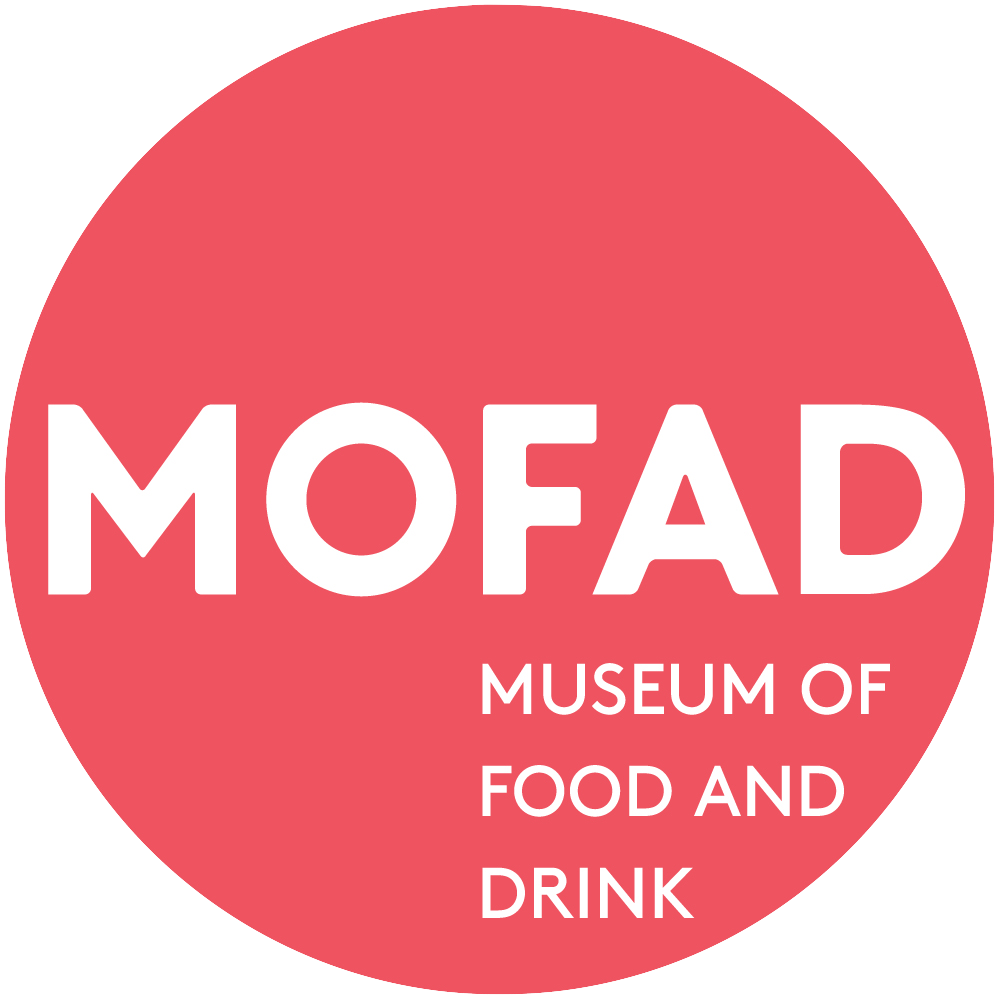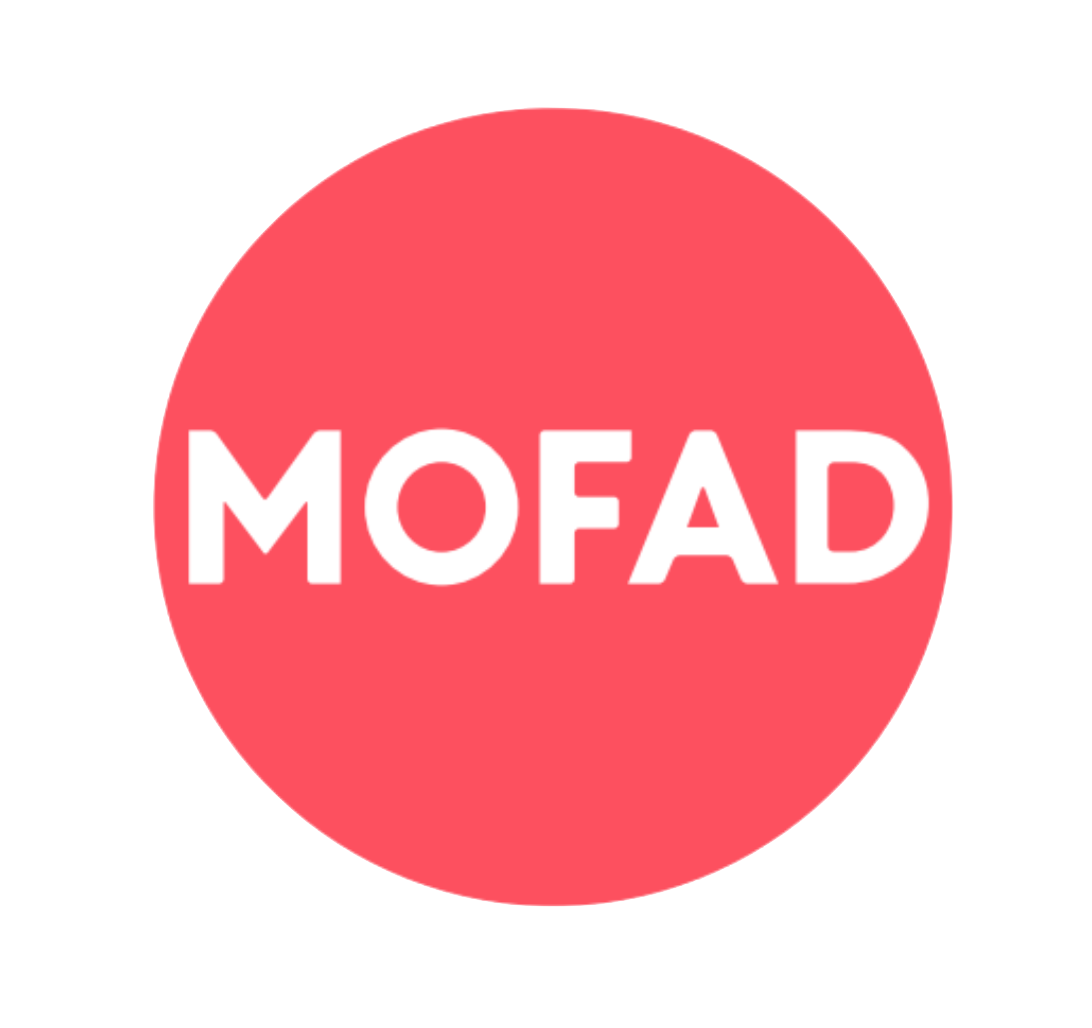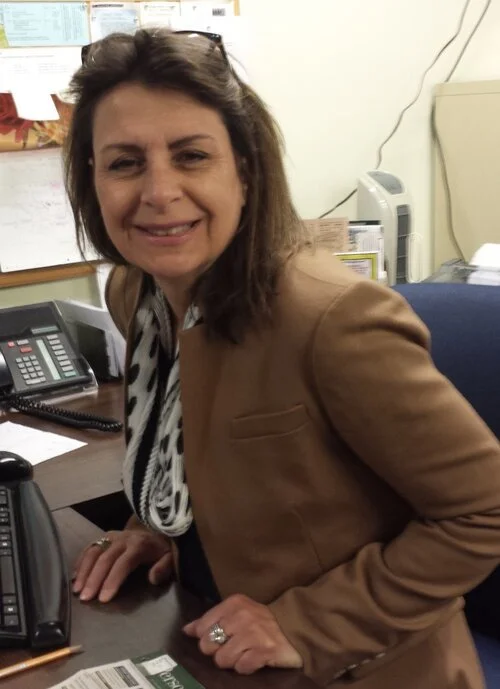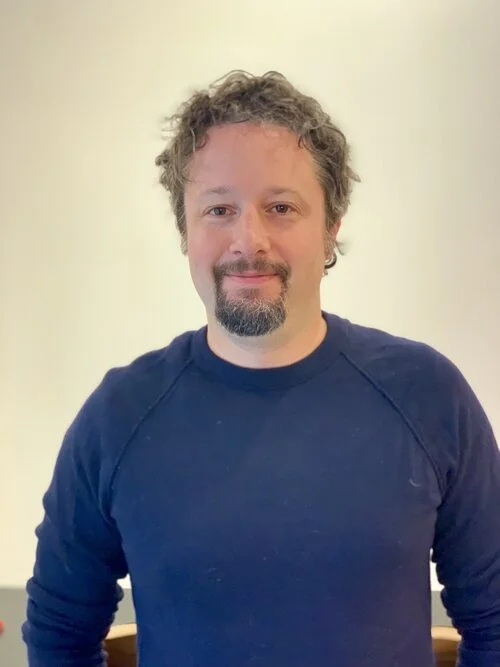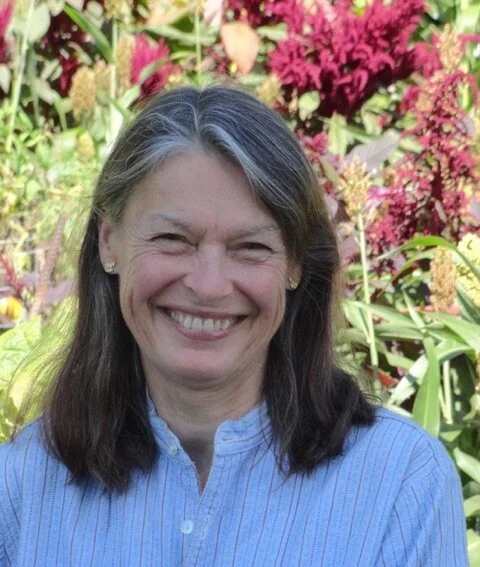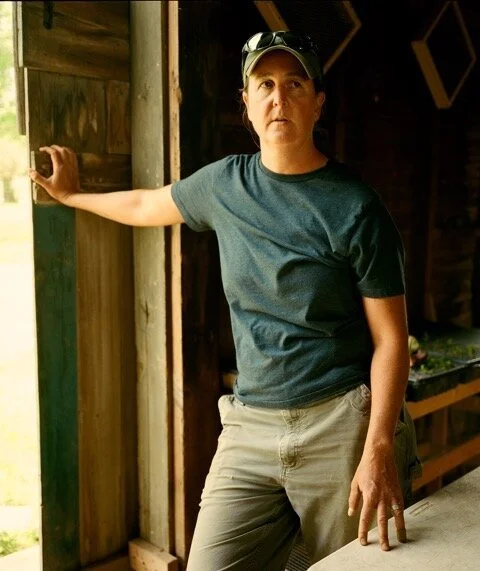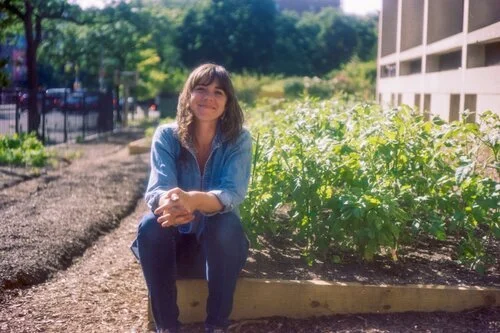Biodiversity. Seed sovereignty. Heirloom. GMO. Seed libraries and seed swaps. Intellectual property and patents. Monsanto. Hybrids. Terminator genes.
In a world where sound bites and catchphrases capture our attention, what do these mean in the real world when working within a seed system? Despite the fact that biodiversity and seeds are an increasingly popular and critical point of discussion, we are losing real world biodiversity at an alarming rate.
The complexity of issues involving seeds as foundational to agriculture can be overwhelming, but thoughtful and evolving conversations everyone can participate in are a necessity for change.
Who saves seeds? Where do they originate? Who owns them? Can they be culturally appropriated? What does fair compensation look like for years of work for a single variety?
Come and engage in a thought provoking dialogue between people who work with seeds—from seed savers to chefs to seed libraries—and consumers, which illuminates the urgent need for understanding the practical realities of what saving varieties and seeds entail beyond abstractions.
LAURA ACCARDI
Laura Accardi works in Promotions and Development in the Patchogue-Medford Library, in addition to being a community activist and seed library lover. She began working on their seed library in 2015 and was the first library to collaborate with LIRSC on a local and national level. The seed library has blossomed into a thriving community resource which continues to grow due to novel methods of community engagement and interaction. The mission is to gather communities to grow, harvest and save seeds, as well as to develop best practices for doing so in a wider context.
ANDREW CORRIGAN
Andrew’s first exposure to the origins of food was while he grew up in Minnesota and Ontario hunting and fishing. This fed into a love of cooking and exploring ingredients and techniques. He has worked in New York City for many years as a chef at restaurants such as Toqueville, Lupa, Locanda Verde and Cookshop, where he was Executive Chef for seven years. Currently, he is a Regional Chef for Dig, where he is eagerly applying all that he learned spending time with farmers and producers, developing chefs and cooking on a much bigger scale.
SYLVIA DAVATZ
Sylvia has been gardening organically for close to 40 years with an intense focus on seed saving. Fueled by a fierce interest in self-sufficiency and the resilience that comes from growing our own food, she has been trialing vegetable varieties particularly adapted to our region as well as expanding the range of foods it's possible to grow in the Upper Connecticut River Valley of Vermont in order to feed ourselves year round. Her garden incorporates staple crops such as grains and rice as well as many permaculture features.
STEPH GAYLOR
Steph Gaylor has been a seed saver since her youth. In 2005 she founded Invincible Summer Farms to grow and sell fresh produce, collaborate with chefs and the food community, and save rare seeds. In 2014, she began selling the saved seeds through Salt of the Earth Seed Company. Steph works to preserve the history and story of heirloom plants and is a steward for orphaned varieties. She maintains a seed bank that contains over 2,500 different tomato varieties alone. Steph is one of the founding members of the Long Island Regional Seed Consortium and the Long Island Cheese Pumpkin Project.
KEN GREENE
As founder of the first seed library in the United States, Ken Greene has been cultivating seed community since 2004. In 2008, Greene and his partner grew the library into the Hudson Valley Seed Co., a national seed company and regional seed farm devoted to ethically producing seed for home gardeners and farmers and celebrating seeds through art. Today, Greene is the founder/director of Seedshed, a non-profit organization focused on growing regional and cultural seed communities through seed literacy and seed justice programs.
MELISSA METRICK
Melissa Metrick is the NYU Urban Farm Lab Manager and adjunct professor for NYU's Nutrition and Food Studies Department. Metrick has upwards of a decade of experience in urban agriculture, from volunteering with Americorps within school gardens in South Berkeley to teaching children how to grow food at the Ruthe Howe Family Garden at the New York Botanical Gardens.
Metrick also played an integral roll as the garden manager at Roberta's pizza. There she helped design and create the on-site kitchen garden, also used to educate the chefs and guests in how to grow food sustainably within a city environment.
Melissa received her Bachelor's degree from SUNY Purchase with a focus on Environmental Education and Fine Art. She has a Master's degree from NYU's Food Studies Department, a Horticultural Certificate from Brooklyn Botanic Gardens, and is a Master Composter candidate.
ZACH PICKENS
Zach Pickens is a seed saver and farmer at Farm Tournant in Montgomery, NY. In a previous life, he had a diverse experience working on urban farms, building farm education programs, and running a small garden seed company in Brooklyn. Zach and his wife Manda have owned and operated Farm Tournant since 2016, growing produce for chefs and seed crops for local seed companies and on-farm use.
JACQUELINE PILATI
Jacqueline Pilati is a science teacher, seedkeeper, and storyteller connecting people to plants and places through food and history. She is a Professional Development Instructor at the New York Botanical Garden and Adjunct Instructor at Bank Street College of Education where she leads teacher institutes and courses in garden-based learning and place-based science investigations. In 2018, she founded Reclaim Seed NYC, a movement to reconnect people to their foodways through history, education, and seed. The project stewards a free public seed library, provides seed education, and maintains an ethnobotanical teaching garden at the King Manor Museum in Jamaica, Queens.
